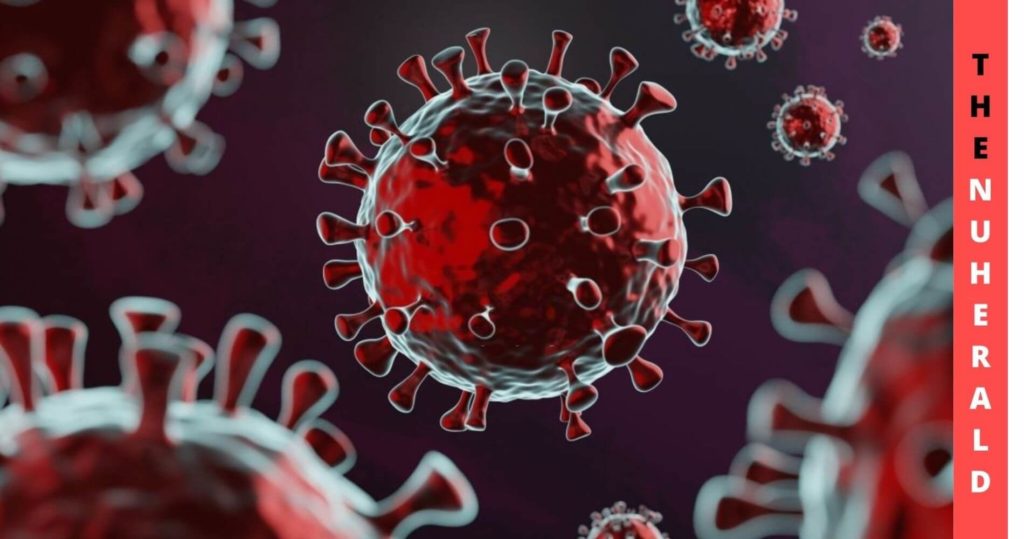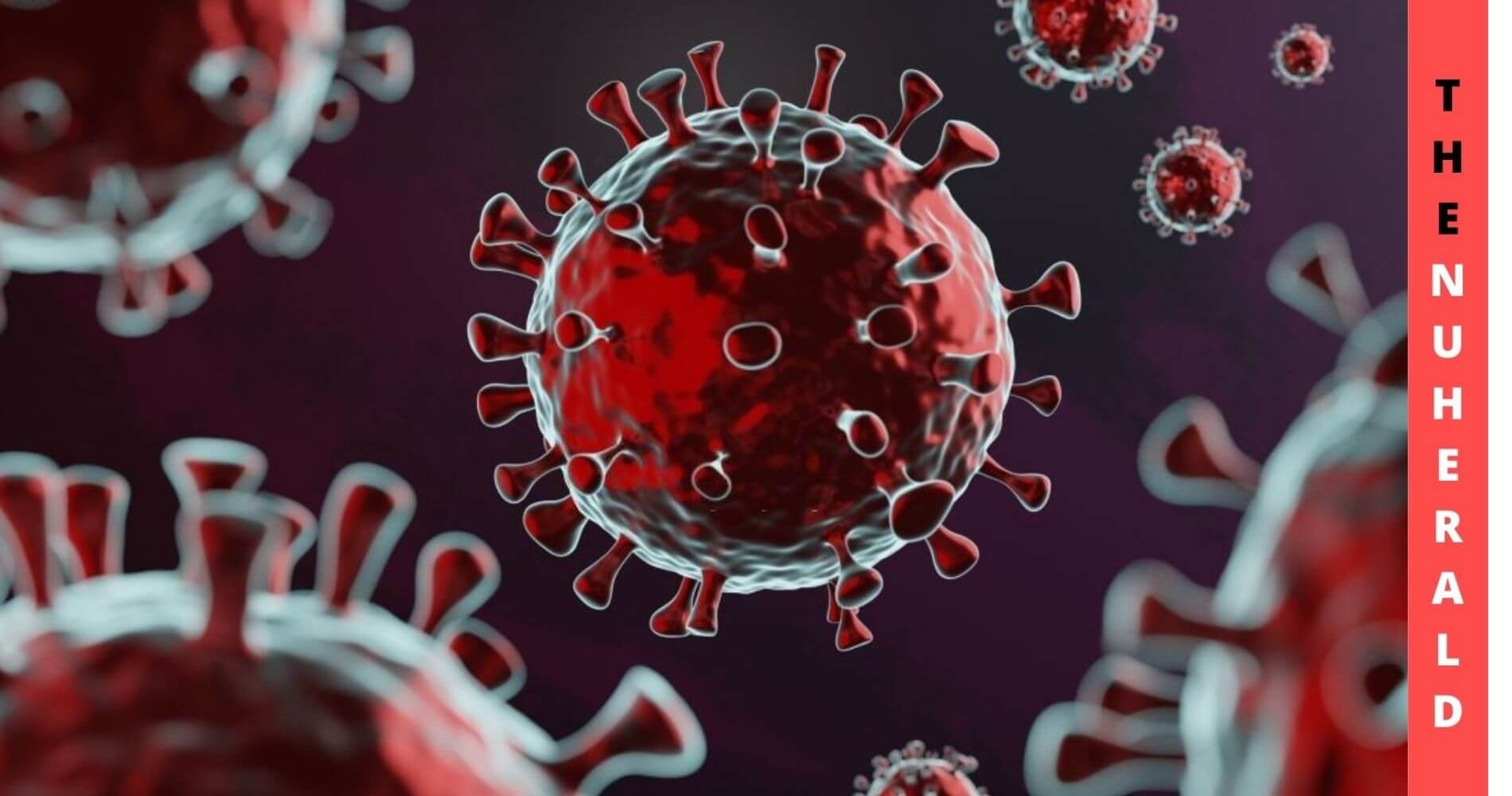Monoclonal antibody treatment is considered one of the best ways to treat those who are at high risk of severe Covid infection. In this regard, people over the age of 65 who have co-morbid conditions are considered as high-risk candidates for Covid infection. But the irony is that most healthy individuals receive monoclonal antibody treatments across the US. A new study done in this regard has highlighted the shortcomings in distributing the treatment to the most vulnerable group in society.
Monoclonal Antibody Treatment Does Not Reach The High Risk For Covid
Experts feel that the distribution of such treatments was not done properly, and it did not reach the most vulnerable people during the pandemic. Such monoclonal antibody treatments are usually effective while treating non-hospitalized patients with mild infections.

This can prevent severe outcomes to a large extent, and it has reduced the mortality rate during the pandemic to some extent. As per the federal guidelines, aged people with chronic conditions need to be given priority while distributing such treatments. However, there was a severe shortage of supply of such treatments, and most eligible patients were not able to access such treatments.
The research analyzed the distribution of such mAbs treatments among different age groups of patients. It was found that people with fewer chronic conditions had more chances of receiving the treatments. While 23% of people with fewer chronic conditions received the treatment, only about 5% of people with more than 5 chronic conditions received the treatment. Not only that, but the research also showed that blacks were less likely to receive the treatment when compared to whites across the country.
The difference was also visible state-wise, and it is interesting to note that Rhode Island distributed the highest number of mAbs treatments to non hospitalized patients. On the other hand, Alaska and Washington distributed the treatments in very low numbers.
Researchers feel that it is not an easy task to get mAb treatment as there are many procedures. Many patients who are old and suffering from chronic conditions find it difficult to access the treatment due to procedural issues. Apart from that, the opinion of local clinicians also matters a lot in the patient receiving such treatment, as the recommendation for using mAb treatment has to come from the doctor. In this regard, many doctors did not recommend such treatments in the early stages of the pandemic as there was less evidence at that time about the effectiveness of mAb treatment.
According to recent developments, several such antibody treatments are no longer working effectively against the new Omicron variant. As the Omicron variant accounts for nearly all the new cases of infection across the US, such monoclonal treatments are no longer valid, according to experts. The FDA has recommended stopping two such treatments as they were not effective against the Omicron variant. However, they worked well during the Delta wave and prevented many deaths.
It is important that the health system considers all the options while suggesting such treatments as patients do not have much information on the treatment options. The distribution of such treatments has to be done in an organized manner across the country. Apart from that, a proper database of all the beneficiaries of such treatments has to be maintained so that the distribution can be tracked in an effective manner. Finally, the steps to access such treatments should be simplified as patients suffering from infection may not be in a position to follow multiple steps. When such things are simplified, the most vulnerable people will receive the benefits of such treatments in the long run.
